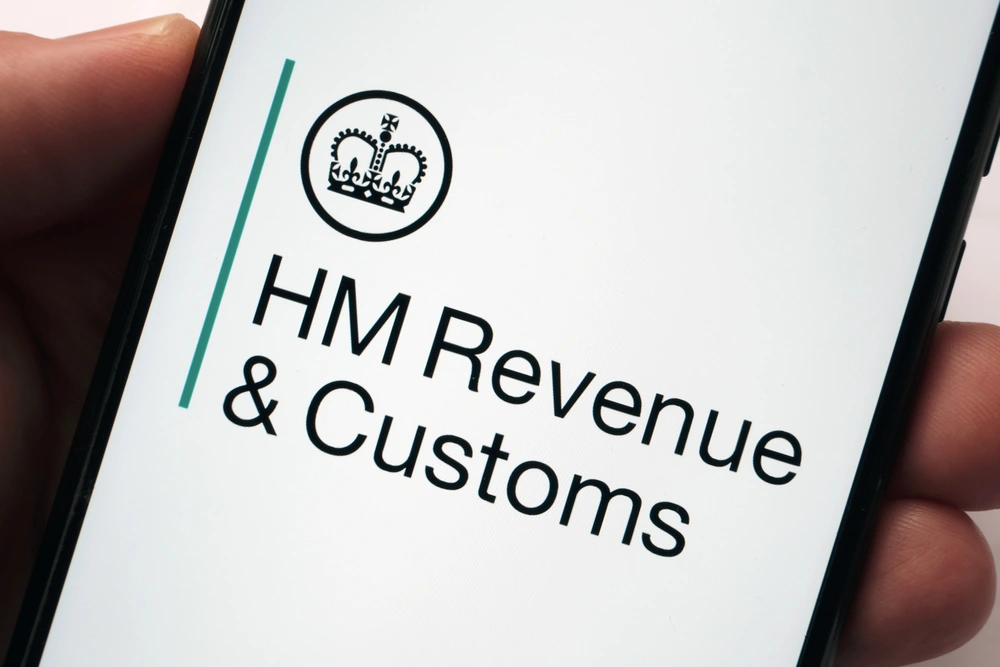The best time to book your summer holiday – or any holiday over the year, in fact – is typically during the first two to three months of the year. Prices vary for holidays month to month, but you are more likely to get a good deal due to the sales between January and March.
However, hand in hand with those holiday deals is the risk of falling victim to a travel scam.
Summer holiday scams are at their highest now
We can reveal that searches for ‘hotel booking scam’ and ‘tourist scams’ have both risen by 300% in the last 12 months (Feb 22 - Jan 23) on Google, suggesting that activity around holiday scams may be on the increase.
Likewise, searches for general ‘travel scams’ have spiked by 133% in the same period on Google, and the term ‘travel scams’ has even reached one billion views on TikTok!
We expect a larger number of people to fall victim to holiday scams now than they will later in the year, as fraudsters target people booking their summer holidays and looking for travel deals. This time of year tends to be when fraudsters are at their most active in pushing this type of scam.
That’s why we are urging people to be extra vigilant - especially when booking holidays. There are more fraudsters than ever before, with an increase of 25% in fraud offences in the last two years. There are ways you can stay safe online when booking your holidays - you just need to know what to look out for.
Experts reveal the biggest holiday scams to look out for NOW
Be cautious when applying for visas
Our Fraud Analyst at Ocean, Ben Fleming, suggests:
“Especially in the UK and US, many people get caught out when buying visas to go abroad and could end up paying significantly more than they should. A lot of the time it’s from genuine companies who make money charging for visas. You should always go the official government website for a visa. In the UK, that would be gov.uk . If it feels too expensive or doesn't list the price, there's something wrong.”
Fake ads on social media
Social media platforms make most of their money from ads. And, as the summer holidays get ever closer, fake ads for holiday deals and packages will start to ramp up.
To avoid falling for a fake advert - whether that be on Facebook, Instagram or any other platform - scrutinise that ad closely. Does it have any spelling mistakes that stand out? Does the font or the spacing on the advert not seem right to you? Low-quality or generic stock images are another clear sign that they could be fake. But to be sure, check out the company and do your research.
Fake websites encouraging you to book your holiday
Fake adverts can take you to fake websites which are designed to entice you with big savings for your holiday and, therefore, get your financial information. You can spot a fake website by:
- Checking reviews on Trustpilot. Do they have reviews, and do they engage with those reviews? Do the reviews appear genuine, or do they all follow a similar style?
- Is the company registered?
- Do they have social media platforms and engage with customers?
- What is the website like? Does it use generic, low-quality, or stock images? Is the grammar poor? These could all be red flags.
Direct deals, straight to your phone
If you have a phone, you have likely received text messages from scammers pretending to work for real companies or sharing the details of a ‘limited’ deal. If you have received a message like this and you don’t believe it to be genuine (for instance, the message has come from a mobile number or the message includes obvious mistakes, such as spelling errors), then DO NOT click on any links.
Research the company online and check their deals and reviews before proceeding, as you could have just prevented a scam.
Avoid travel insurance phishing scams
If you have already booked your holiday and have purchased travel insurance, you may be contacted via email or phone for ‘better’ insurance deals. While they may seem legit, you must ALWAYS check the company that has contacted you and never give personal details over the phone.
Ring the company you took out insurance with originally and ask if an agent has contacted you with this deal. That way, you may find out whether it is a person acting on behalf of the company or a fraudster attempting to get your banking details.
How to book your holiday and avoid the scams happening right now
Along with common holiday scams to watch out for, we are sharing tips on booking your holiday without the worry of getting caught out by fraud.
- Check if the travel agency is ABTA or ATOL protected. This is protection that covers you if the business go bust, etc. You can check if the company you are looking to book with is protected on the ABTA website, as well as ATOL protection on the CAA website.
- Pay for your holiday on your credit card. If something costs between £100 and £30,000, you can ask for a full refund if something were to go wrong, as this comes under Section 75 of the Consumer Credit Act. Paying via credit card means you will have more of a chance of recouping your money. Furthermore, keep track of any payments for your holiday so you have the information to hand if something was to go wrong.
- Always check the terms and conditions of any holiday deal, including cancellations.
- Make sure the page where you are making your payment is secure. You can do this by checking the page starts with https and there is a padlock symbol in the address bar.
- When it comes to currency, shop around and make sure you look at reputable comparison sites that have legitimate reviews (you can check by the wording on reviews) for currency converters. And, if you do take cash on your holiday, keep it in a safe place (such as a safe in your hotel room) and try to use local currency where possible, as it tends to offer the best exchange rate.
Three tips to save money when booking your next holiday
When it comes to booking your holidays, there are some things you can do to help get the prices down.
First, you need to check the prices and keep an eye on them. Skyscanner has an option for Price Alerts when you are searching for a particular destination. If you put in the place you are going on holiday and the dates, you can set up these alerts and get up-to-date information on the different prices, so you have the best chance of getting a cheap option.
Similarly, Google also has a ‘track flights’ option which allows you to monitor prices over a certain period.
You should also look at departing, and arriving, at different airports. There could be fantastic prices on an airport near your chosen holiday destination that you haven’t considered, and it could well save you enough money to make the difference.
Additionally, look at mid-week flights (such as Tuesday) as opposed to the typical rush of the weekend. And, while it’s not always possible to do this if you have children, consider your holidays at different times of the year (when your children are not in school), as the school summer holidays are high-demand dates, which means higher prices.
Helen is a personal finance editor who’s spent 11 years (and counting!) in the finance industry. She creates content on everything money with the goal of getting people thinking – and talking – about their finances in ways they may not have done before.
![Email icon]()
Become a money maestro!
Sign up for tips on how to improve your credit score, offers and deals to help you save money, exclusive competitions and exciting products!
Find this useful? Share it with others!









